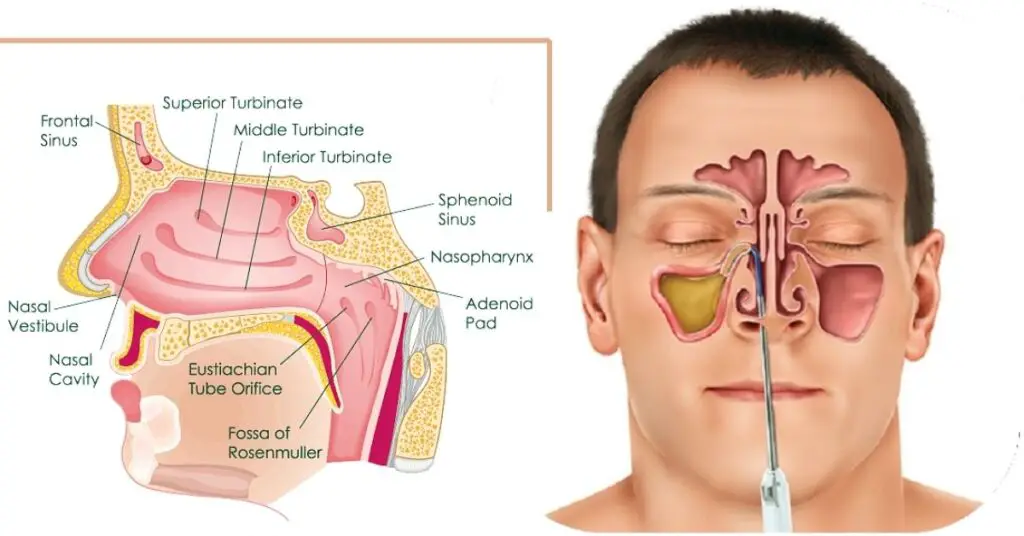According to the American Heart Association, more than 610,000 people die from heart disease each year. That’s why it’s important to be aware of the risk factors for heart disease and take steps to protect your heart health. Here are three things you should know about heart health.
Symptoms can differ between men and women
Men and women often experience different symptoms of heart disease. For example, heart attacks in men are more likely to cause severe chest pain, while heart attacks in women are more likely to cause shortness of breath and nausea. Similarly, heart disease in men is more likely to cause fatigue and arrhythmias, while heart disease in women is more likely to cause anxiety and depression. However, there are also some symptoms that are common to both men and women, such as chest pain, jaw pain, and arm pain. Therefore, it is important for both men and women to be aware of the symptoms of heart disease and to seek medical help if they experience any of these symptoms.
Know the risk factors
There are many risk factors for heart disease, some of which can be controlled and some of which cannot. Some controllable risk factors include high blood pressure, high cholesterol, and smoking. Diabetes and obesity are also risk factors for heart disease, though they may be more difficult to control. Additionally, family history plays a role in heart disease. Having a parent or grandparent with heart disease puts you at greater risk for developing the condition yourself. Knowing the risk factors for heart disease is an important step in prevention. If you have any of the controllable risk factors, taking steps to manage them can help reduce your risk of heart disease. Even if you have uncontrollable risk factors, knowing about them can help you be more vigilant about monitoring your heart health.
Be proactive to prevent heart disease
A proactive approach to heart health involves making lifestyle changes that will promote overall cardiovascular health. This includes eating a healthy diet, exercising regularly, not smoking, and managing stress levels. Additionally, it is important to get routine checkups and screenings, as this can help to identify risk factors and catch any problems early. By taking a proactive approach to heart health, individuals can greatly reduce their risk of developing heart disease.
Conclusion
Heart disease is the number one killer of both men and women in America. However, the symptoms and risk factors can differ greatly between the sexes. Knowing this information is vital to preventing heart disease. By being proactive and understanding your personal risk factors, you can take steps to improve your health and reduce your chances of developing heart disease.








